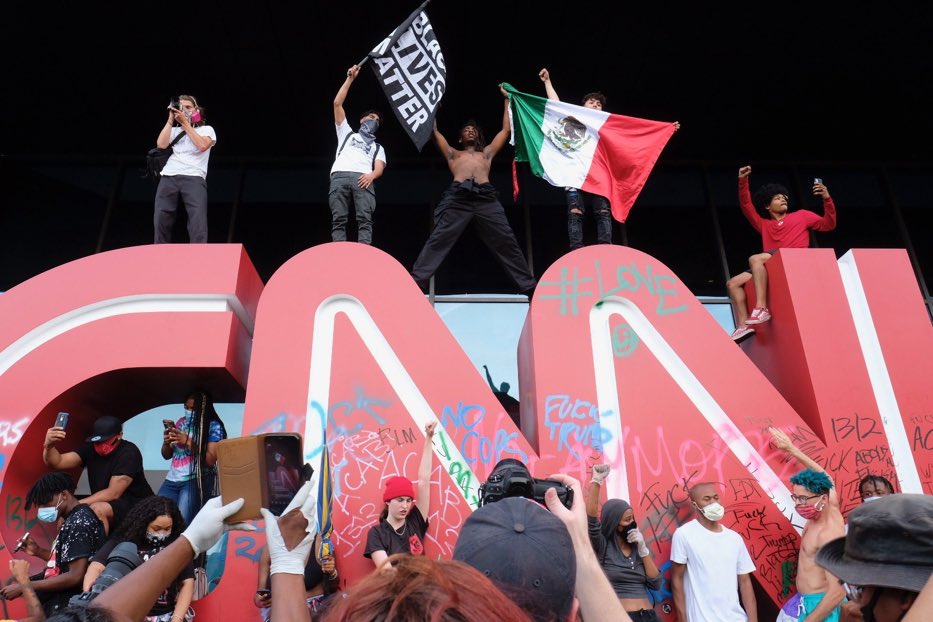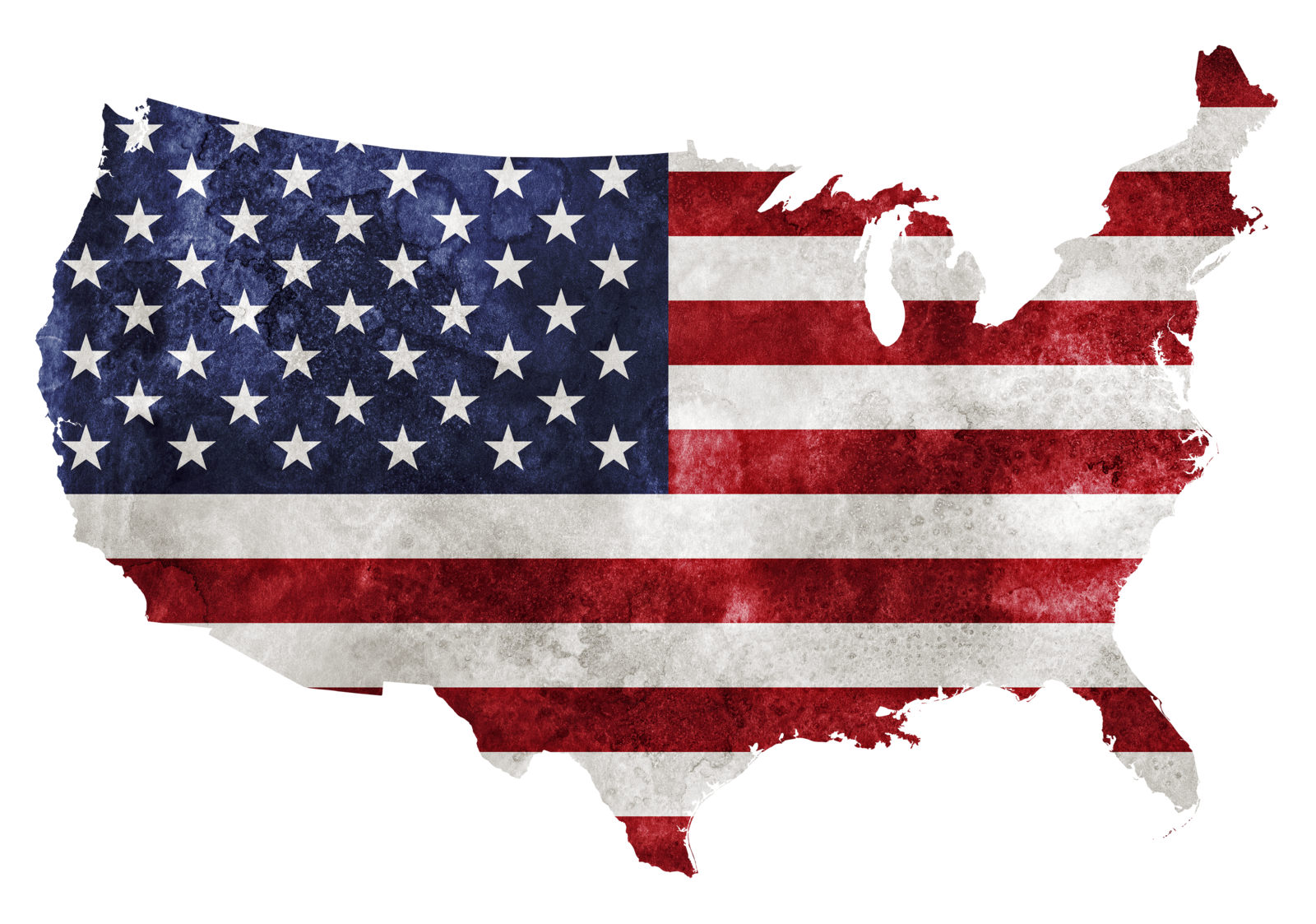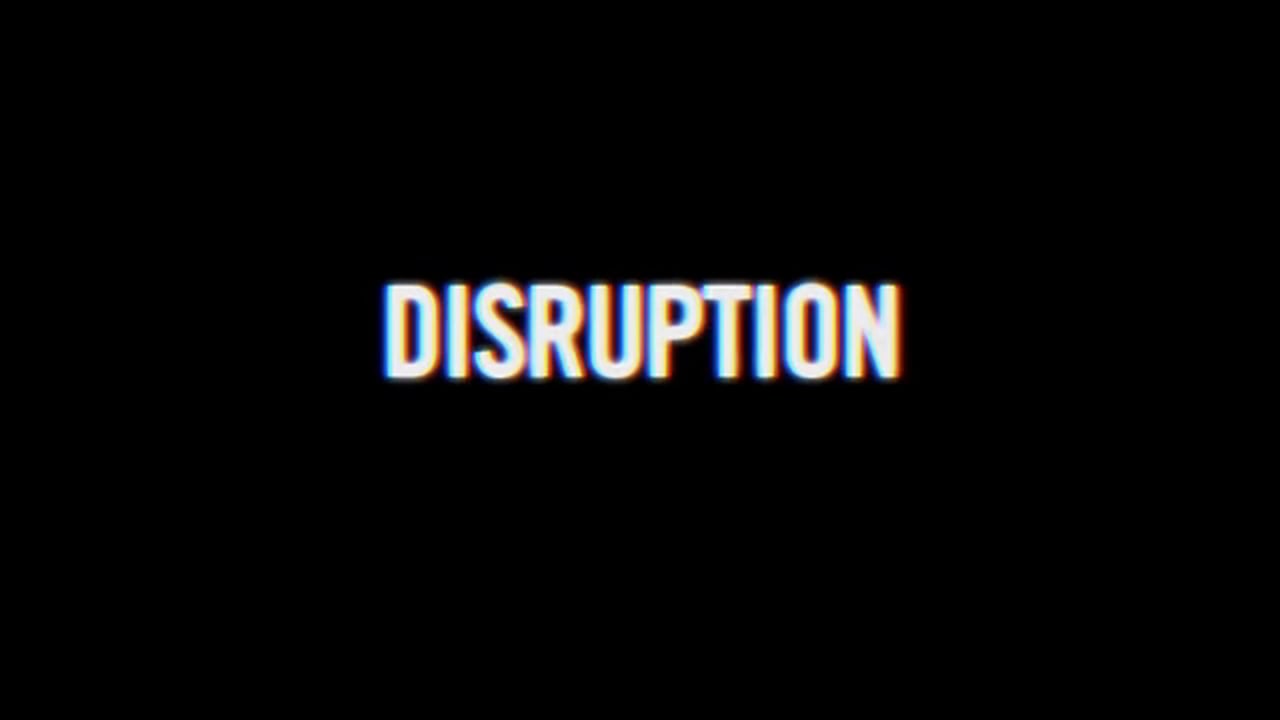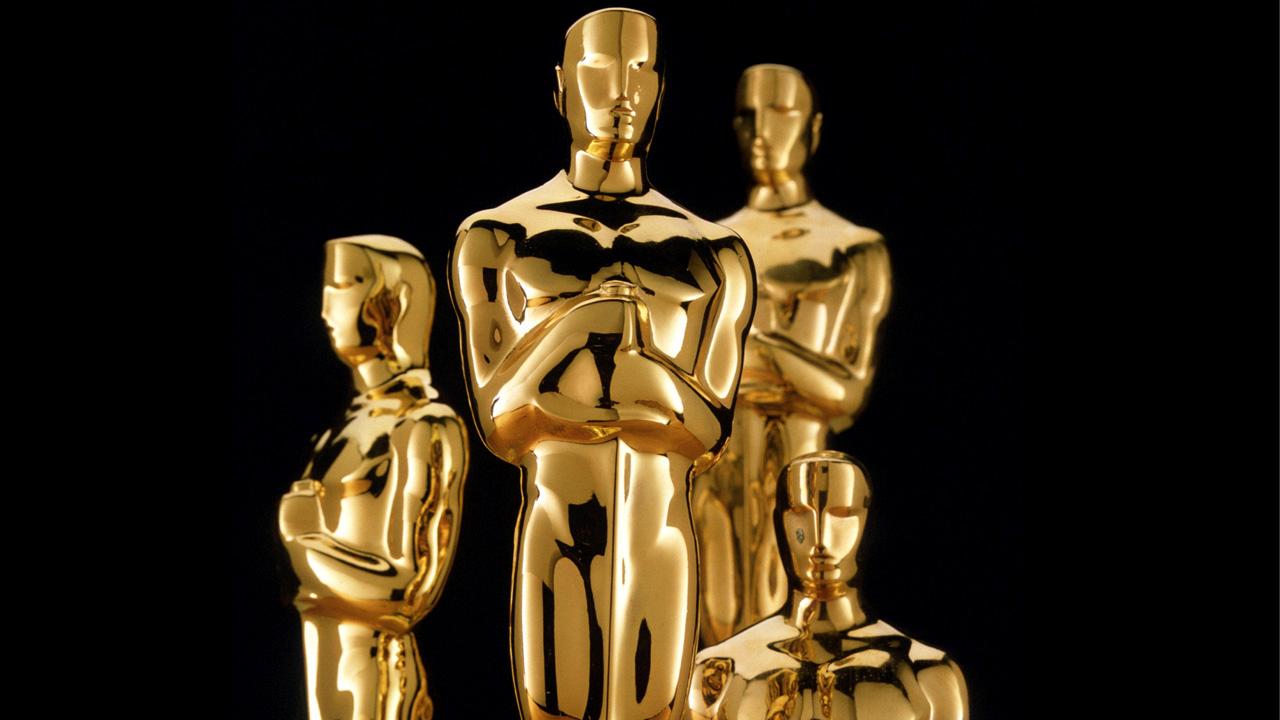I have very few newsletters that I hold in such high esteem as Farnam Street. If you enjoy thinking about things in new ways and awesome book recommendations, I suggest you sign up here. It’s so good, I’m giving a free shout out. The newsletter will change your life, but I digress.
One of the most recent book recommendations from the Farnam Street is called Sapiens: A Brief History of Humankind. I haven’t gotten a chance to read the book yet but I was totally enthralled with the descriptions in the newsletters. It’s definitely on my to read list.
One of the most important takeaways from the book is captured in this short quote below:
What was the Sapiens’ secret of success? How did we manage to settle so rapidly in so many distant and ecologically different habitats? How did we push all other human species into oblivion? Why couldn’t even the strong, brainy, cold-proof Neanderthals survive our onslaught? The debate continues to rage. The most likely answer is the very thing that makes the debate possible: Homo sapiens conquered the world thanks above all to its unique language.
Most people would agree that language was a huge game changer but not for the reason you’d think:
As far as we know, only Sapiens can talk about entire kinds of entities that they have never seen, touched, or smelled. Legends, myths, gods, and religions appeared for the first time with the Cognitive Revolution. Many animals and human species could previously say ‘Careful! A lion! Thanks to the Cognitive Revolution, Homo sapiens acquired the ability to say. ‘The lion is the guardian spirit of our tribe.’ This ability to speak about fictions is the most unique feature of Sapiens language…You could never convince a monkey to give you a banana by promising him limitless bananas after death in monkey heaven.
To Harari, the most important function of language is we can describe things we cannot see or understand. “It is our collective fiction that defines us” By doing this, human beings are better suited to work in large groups effectively and flexibly than other animals. Real world applications of this is state, religious, fraternal, or basic assumptions we take as truth.
The collective myth and our ability to believe or not, is what differentiates us from other animals. To be clear, not all of these myths are lies but some of them are. We believe them because the opposite is too difficult to handle. For example, sapiens are horrible at evaluating talent or a subjective “best”. We’ve seen it in finance, education, entertainment, and other industries. We rely on human evaluations and get burnt. We consistently overvalue and undervalue, which leads to faulty and less than ideal outcomes. If we look at this from Harari’s perspective, we’ve bought into the myth that we can make objective evaluations.
Earlier last week, the Academy released their nominees for the Oscars. There were complaints about the lack of diversity in the nominees. I agree, there should be more representation, especially from a 2015 that saw quality movies from minority leads. However, its a symptom of a larger myth; A group of industry leaders can make an objective evaluation on what are some of the best performances the year prior. I say this as a huge Will Smith, Leonardo DiCaprio and Christopher Nolan fan. (None of them have won Oscars)
I’ve started to take human informed decisions with a grain of salt. I can’t afford to buy into the idea that a group of us can make the best decision. Now, believing that is difficult to handle because it has implications larger than the Academy Awards. I’ll just let your mind wander…




